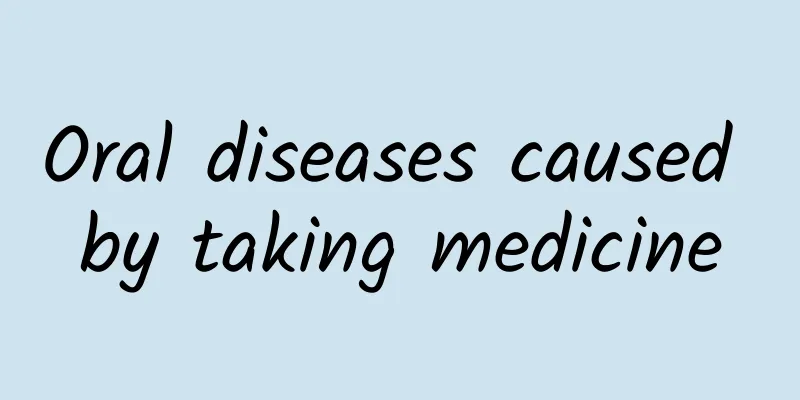Do you know the cause of premature ovarian failure?

|
Normal female ovarian function begins to decline between the ages of 45 and 50. Premature ovarian failure refers to the phenomenon of menopause before the age of 40 due to ovarian failure. Premature ovarian failure will cause some menopausal symptoms, such as hot flashes, night sweats, low mood, irritability, mental stress, and a tendency to depression. It is recommended that women eat more vegetables, soy products and milk. Including foods such as red dates, black rice, red beans, walnuts, carrots, etc., maintaining a good mood, exercising regularly, and breastfeeding can delay ovulation and protect the ovaries. 1. Environmental factors: rubber products, flame retardants, pesticides, plastic products, antioxidant metabolite 4-ethylene, tobacco, etc., which endanger human reproductive function. 2. Psychological factors: Negative emotions can reduce the secretion of immune active substances in the body. Strong emotional fluctuations or sudden and huge mental stimulation can cause changes in the central nervous system, leading to menstrual disorders and premature ovarian failure. Frequent business trips, changes in environment, emotional stress, etc. can also cause menstrual disorders. 3. Lifestyle and eating habits: Women who go to bed at 23:00 will have their immunity affected due to lack of sleep and poor sleep quality, leading to menstrual disorders and premature ovarian failure. Long-term birth control and weight loss medication can lead to malnutrition and protein lack, which can cause premature ovarian failure. Adolescence is the period of ovarian development. If you often wear tight underwear, the development of your ovaries may be restricted, making them more vulnerable to injury. 4. Infectious factors: Mumps in young girls may be complicated by oophoritis and eventually develop into premature ovarian failure. 5. Menstrual and marital history: Those with an earlier age of menarche will have an earlier menopause, while those with a later age of menarche will have a later menopause. The timing of menopause is related to the initial number of follicles and the rate of follicle failure. Repeated egg retrieval for fertility or use of ovulation-stimulating drugs can also lead to premature ovarian failure. 6. Genetic history and previous surgical history: Chromosomal abnormalities, mother or sister experiencing menopause before the age of 40, and history of pelvic surgery are risk factors for premature ovarian failure. |
<<: What are the markers for ovarian cancer?
>>: What happens if you have premature ovarian failure? What are the hazards?
Recommend
Should I buy the special medicine for COVID-19? One picture will tell you!
Recently, the oral antiviral drug Paxlovid (nemat...
Skin care methods for 32-year-old women
In life, how to properly take care of the skin is...
What should parents do if their children are not well behaved during dental visit?
Summer vacation has arrived Many parents take the...
Say goodbye to lumbar disc herniation
1. Soldiers are a high-risk group for lumbar disc...
What kind of woman has a strong sexual desire
What does a woman with a strong sexual desire loo...
[Medical Q&A] Does a high-protein diet help muscle growth? What are the health risks?
Planner: Chinese Medical Association Reviewer: Ch...
How do you know if you are a virgin?
Asian men generally have a virgin complex, and no...
Nature: The secret of crying? Babies cry → mothers release oxytocin | World Breastfeeding Week
Support breastfeeding and build a beautiful child...
Can I wear short sleeves in summer?
Summer will definitely make people feel the tempe...
How to prevent hemorrhoid prolapse in pregnant women?
Pregnant women are a high-risk group for hemorrho...
How to store bacon so that it won't spoil easily? Where is the best place to store bacon?
We all know that bacon is a common pickled food. ...
Stay away from betel nut, start with me
He is a patient with oral cancer. Every time the ...
Beware! Don’t eat this kind of sugar cane! Many people are unaware…
This article was reviewed by Liu Shaowei, food sa...
Drinking too much of these teas can actually harm your health? Don’t drink too much!
We Chinese people love tea deeply, and brewing an...









